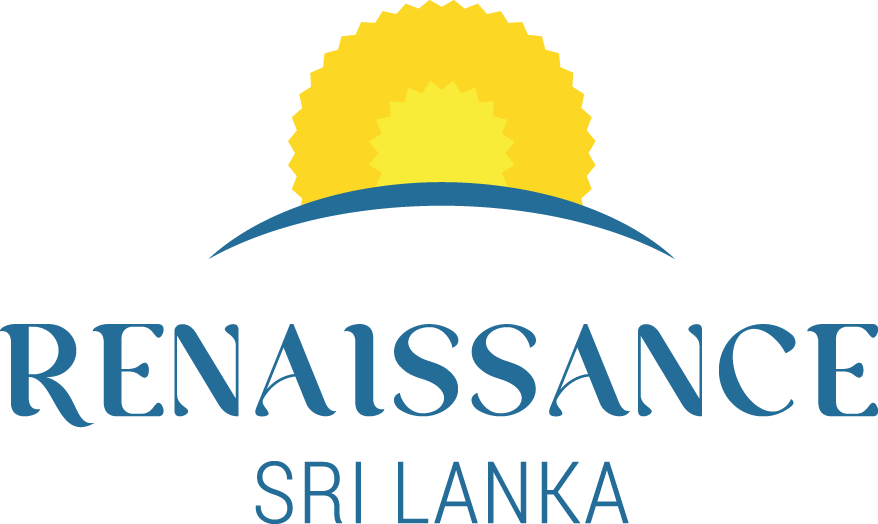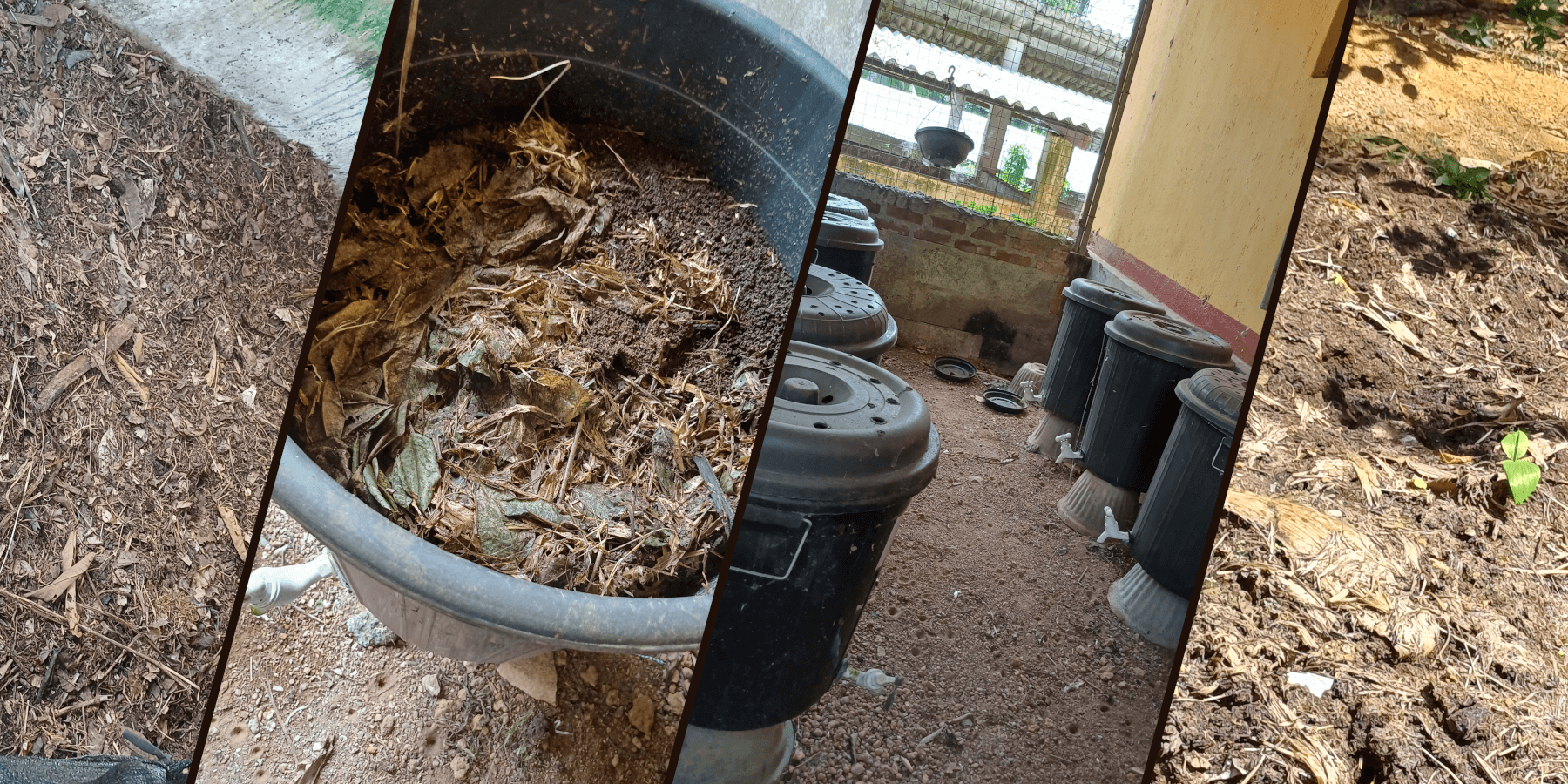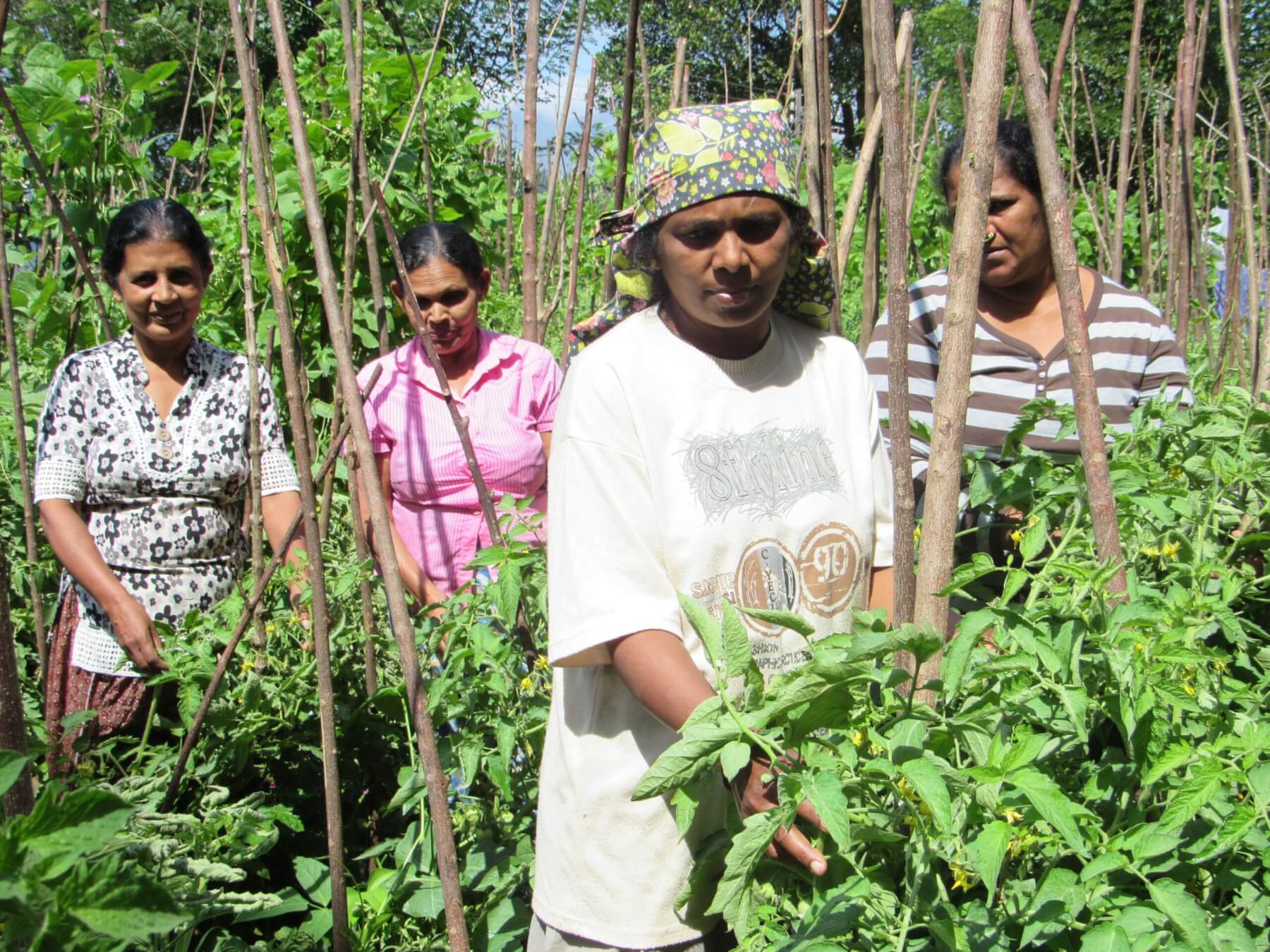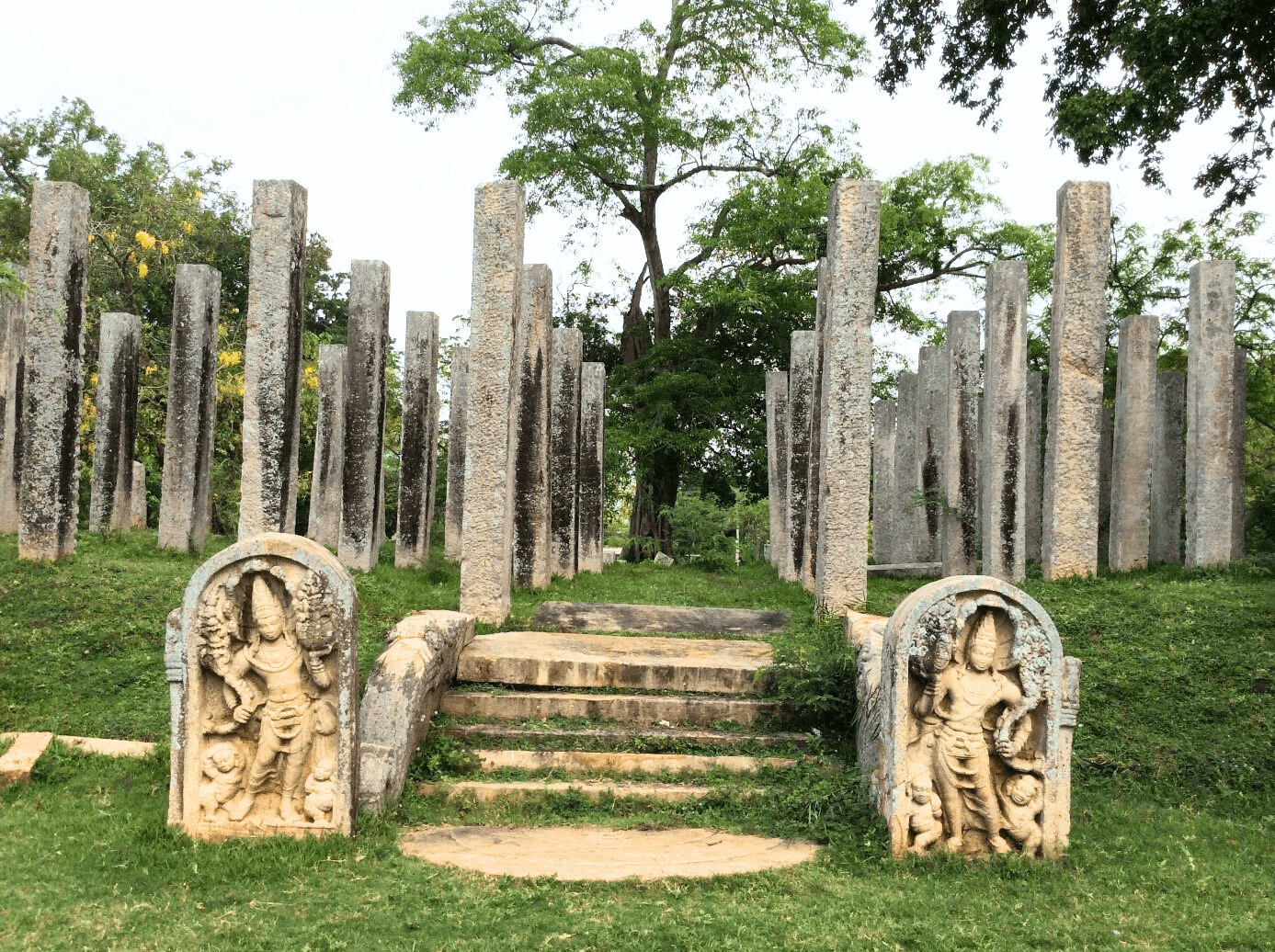Organized, data-driven decision-making in agriculture is essential
In the contemporary agricultural landscape, data-driven decision-making is essential for effective resource management, policy formulation, and agricultural development. Despite significant efforts by the state to acquire comprehensive island-wide data through initiatives such as resource books, land use maps, disaster maps, and environmental data, access to this information remains limited for key policymakers and agricultural actors.…












